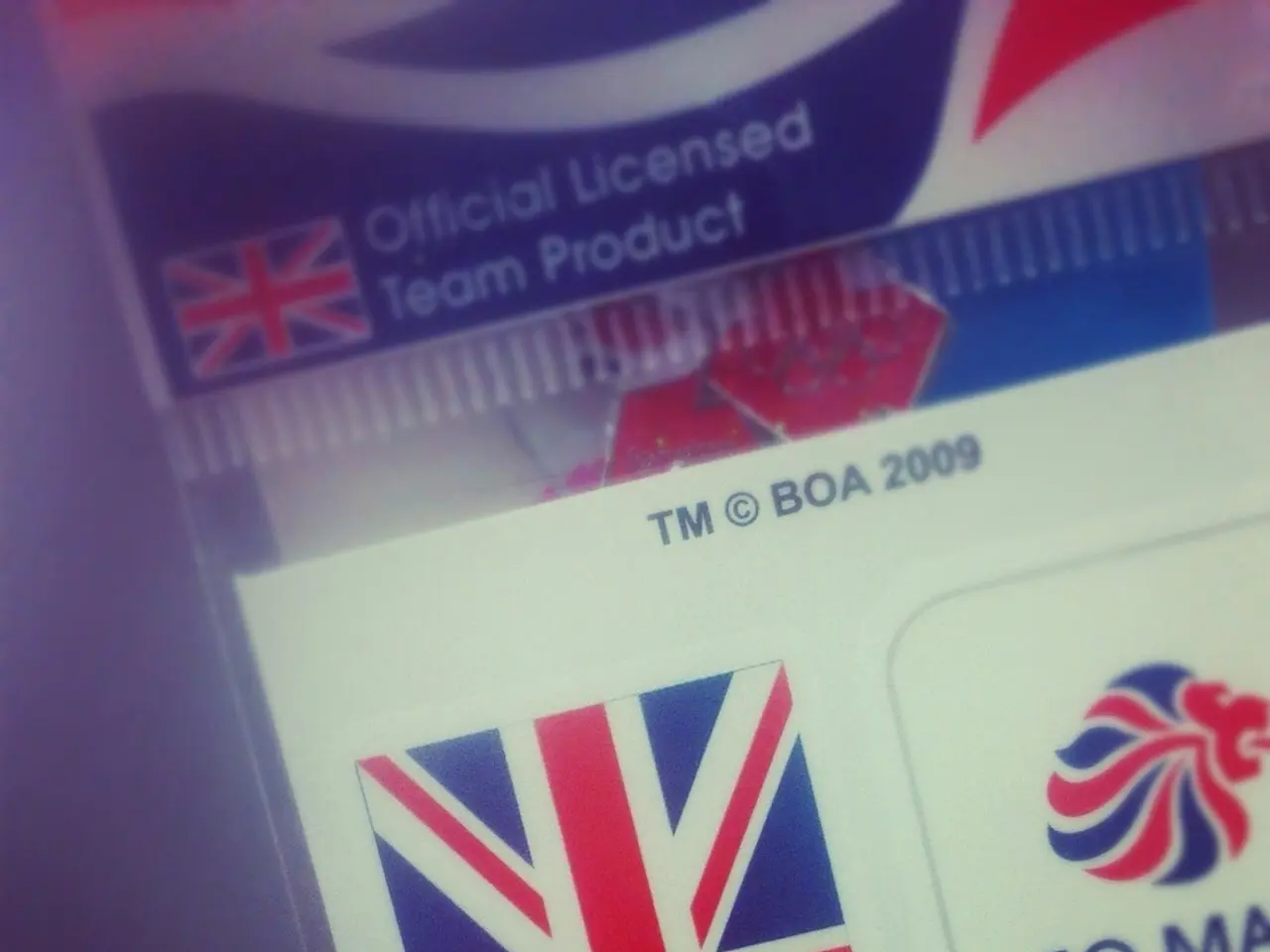Court Strikes Down Fed's Debit Card Fee Cap, NRF Pushes for Fairer Rates
The National Retail Federation (NRF) has been leading retailers' fight for fair debit and credit card swipe fees for over two decades. A recent court ruling has challenged the Federal Reserve's cap on these fees, which have been increasing despite decreasing costs for us banks and pnc banks.
In 2024, debit swipe fees alone totaled $38.7 billion, with total swipe fees surpassing $187.2 billion over the past ten years. The NRF, representing retailers nationwide, has been advocating for fairer fees, arguing that the current cap is disproportionately high relative to banks' declining costs. A federal court in 2023 echoed this sentiment, accusing the Fed of not adjusting the fee limits accordingly.
The Fed initially set the cap at 21 cents per transaction, plus an additional 1 cent for fraud prevention and 0.05% for fraud loss recovery. However, by 2021, the average allowable cost for banks per debit card transaction had dropped to just 3.9 cents, making the cap over five times banks' actual costs. This disparity has led to retailers passing on additional costs to consumers, amounting to nearly $1,200 a year for the average family.
In a significant development, a federal judge has ruled the Federal Reserve's 2011 cap on debit card swipe fees illegal. While the cap has been vacated, it remains on hold pending any appeal. The NRF, which considers retail the nation's largest private-sector employer contributing $5.3 trillion to annual GDP, continues to push for fairer fees. The Fed has proposed lowering the cap to 14.4 cents per transaction, but the ultimate resolution remains uncertain.
Read also:
- Eric Dane Diagnosed with ALS, Advocates for ACT for ALS
- Deepwater Horizon Oil Spill: BP Faces Record-Breaking Settlement - Dubbed 'Largest Environmental Fine Ever Imposed'
- Meta Unveils Ray-Ban AR Display Sunglasses; TikTok Agrees to $200 Million Deal
- Historic downtown temples to receive restoration funds totaling over 25 million pesos




